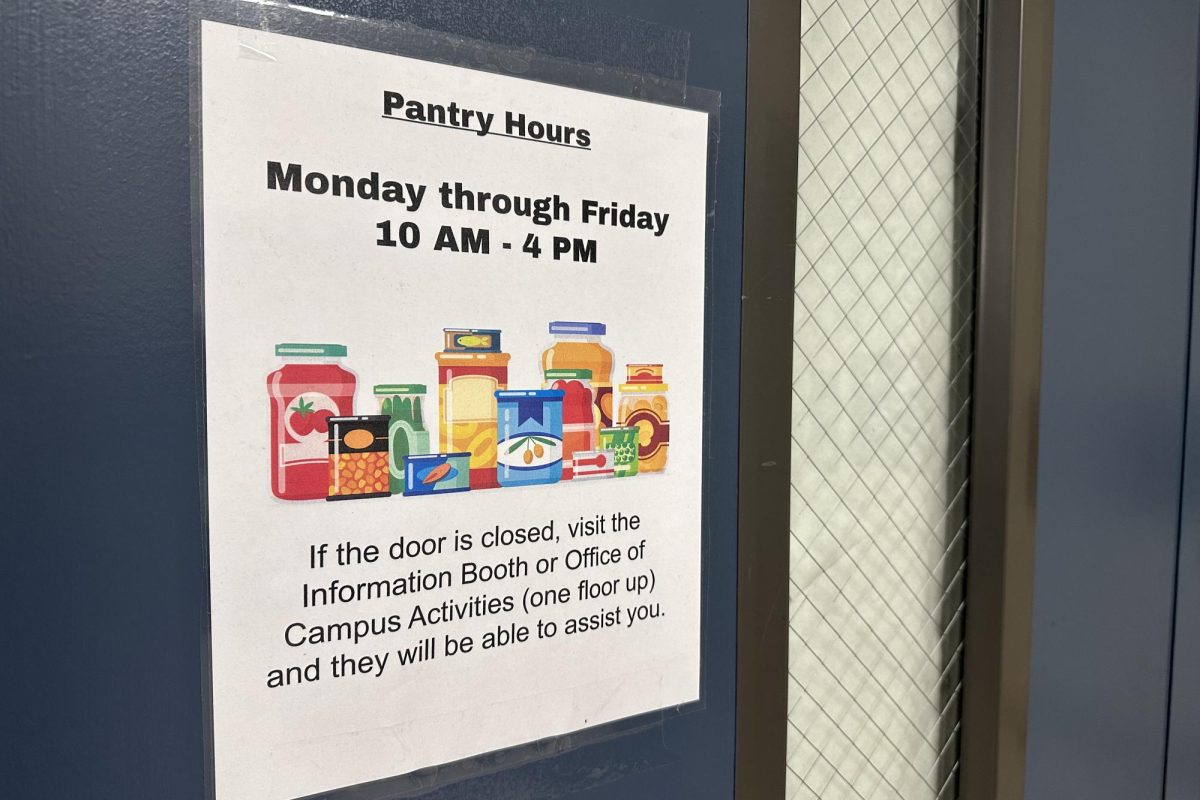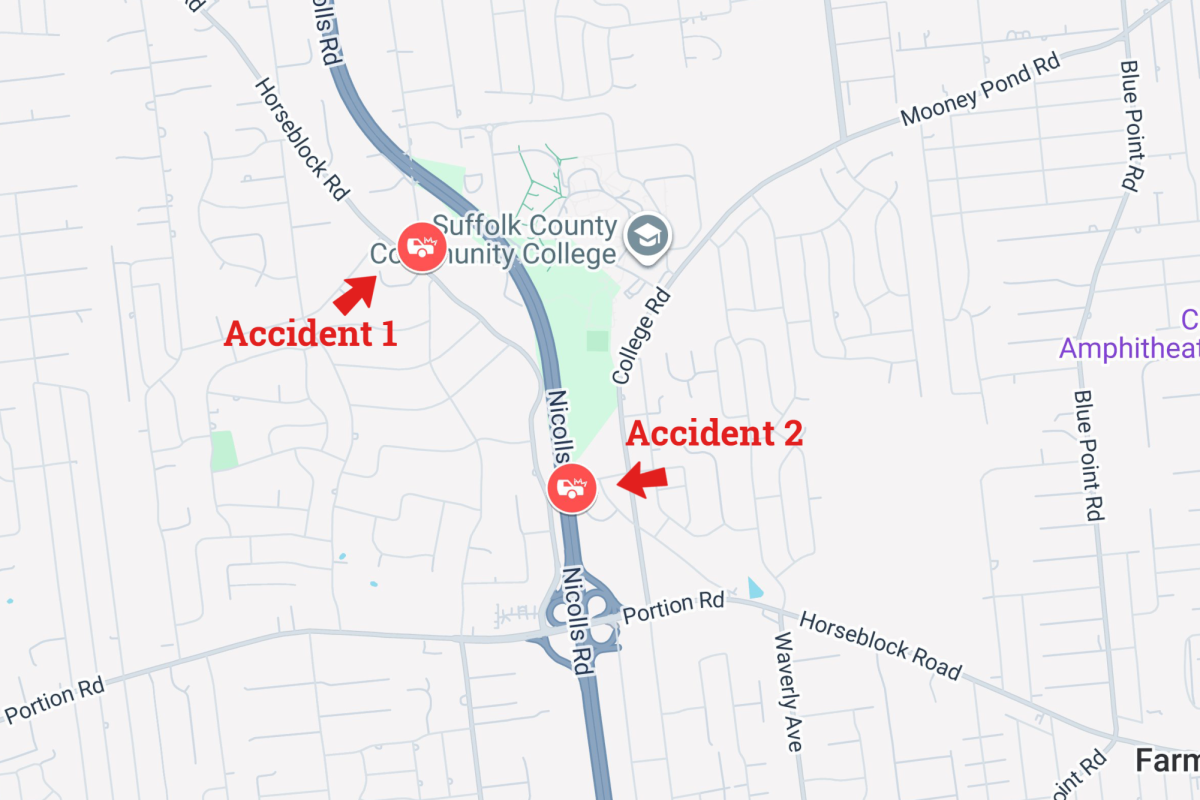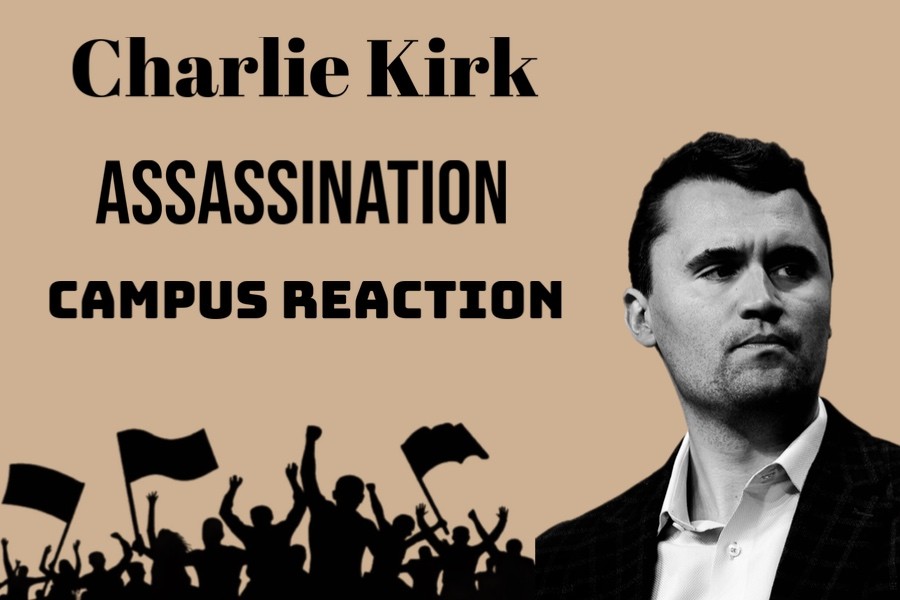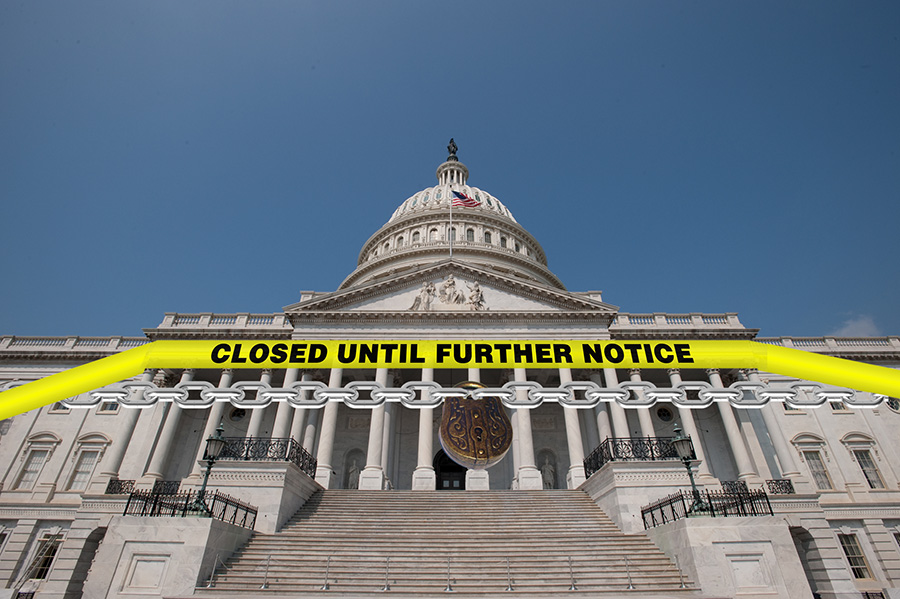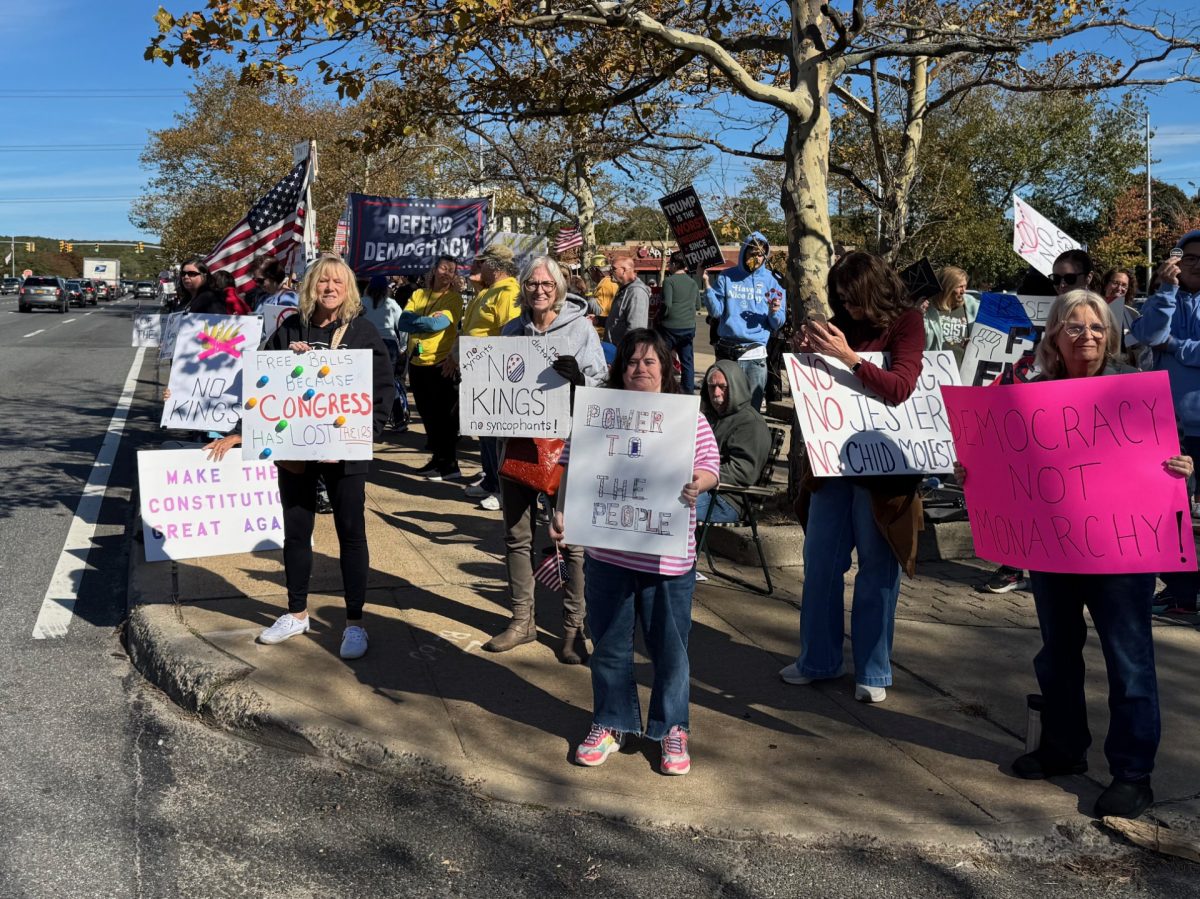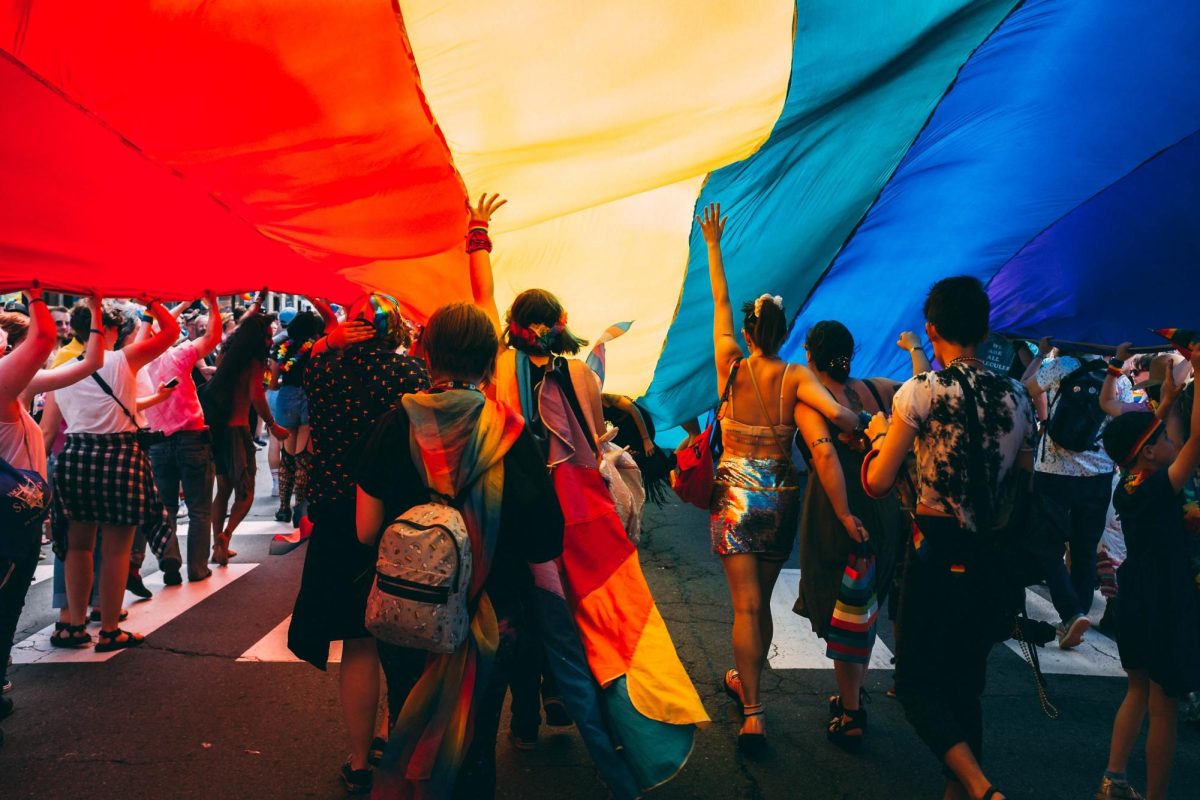Within recent years, there has been a staggering increase in anti-LGBTQ+ bills proposed. According to the Human Rights Campaign, a total of 520 anti-LGBTQ+ bills were introduced nationwide, and of that number, 60 were enacted this year alone. These bills affect all areas of life for those in the gay community: education, employment, housing accommodations, and even healthcare. Although the bulk of legislation passed is in the south (with the exceptions of Montana and South Dakota) the effects are felt nationwide, as the 2023 Trevor Project survey has shown thus far.
Recently Florida has passed a slew of legislation targeting the LGBT+ community, hitting the youth amongst them hardest. One signed into effect (SB1580) legalized discrimination against LGBT+ individuals in healthcare, while another (HB 1069) prohibits the discussion of sexuality in the classroom. HRC issued a travel warning for LGBTQ+ individuals, as did the NAACP for African Americans and/or LGBTQ people, traveling to the state of Florida in light of the recent laws passed. The Canadian Global Affairs Department also issued a travel advisory for its LGBTQ+ citizens planning to travel to the U.S. due to the restrictive laws enacted in some states, though never specifying which ones.
However, this is not an isolated crisis limited to Florida.
The Movement Advancement Project – or MAP – has created a tally system that judges LGBTQ equality in a given state based on laws that either harm or protect. Looking at this map, 15 states scored low overall policy tally while 11 scored in the negatives.
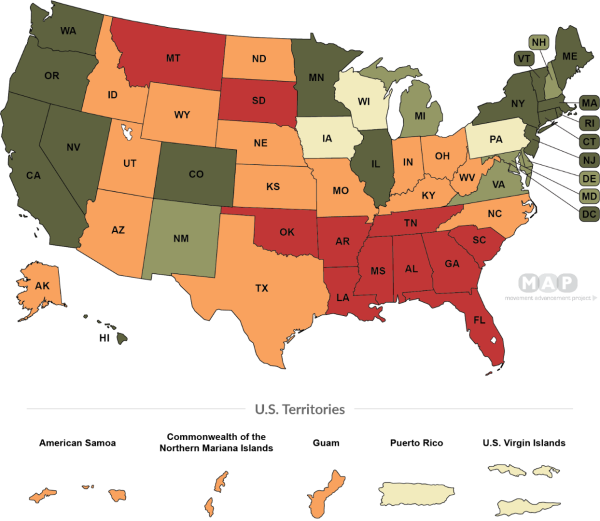
There is a panic growing nationwide as the gay and trans communities continue to be targeted. The Human Rights Campaign (HRC) declared a state of emergency for LGBTQ individuals in the United States due to the influx of anti-LGBT+ legislation passed in the last year alone. This is the first declaration the agency has made in its 40 year history, an unprecedented one for the organization.
The youth within the gay and transgender community have felt the effects of the passed legislation hardest. The Trevor Project, an organization that works to end suicide among LGBT+ youth, surveyed over 28,000 people aged 13-24 in 2023. The survey found startling results while assessing the mental health of the participants: 1 in 3 said their mental health was poor most of the time due to anti-lgbt legislation, while 2 in 3 said that hearing about potential local laws banning the discussion of sexuality/gender identity worsened their mental health.
The “Don’t Say Gay” bills in particular are among the most concerning considering it bars all discussion regarding sexuality or gender identity. It contributes to the erasure of the LGBTQ+ community as a whole because that kind of discussion is prohibited in any context. Psychology, History, Literature, and many other subjects not only include but require the discussion of sexuality and gender. GLSEN (Gay, Lesbian, and Straight Education Network) published a 2019 National School Climate survey in which they found that LGBTQ+ students who see their identities represented in the classroom have stronger educational attainment and better mental health.
According to a 2019 study, LGBTQ+ teens are four times more likely to commit suicide when compared to their straight counterparts. (Johns et al.,2020)
It has been a difficult time for everyone in recent years: the 2020 lockdown, inflation, riots, protests, and even wars. Mental health is often overlooked, but a vital aspect of life. The negative effects of poor mental health seep into every area of life, even physical health. In a time where the majority of Americans are struggling to realize their right to the pursuit of happiness, it must be noted that across the country many LGBTQ+ individuals lost the ability to pursue theirs. It is proving to difficult for LGBTQ+ individuals to go about their lives when their mere existence is being politicized.

